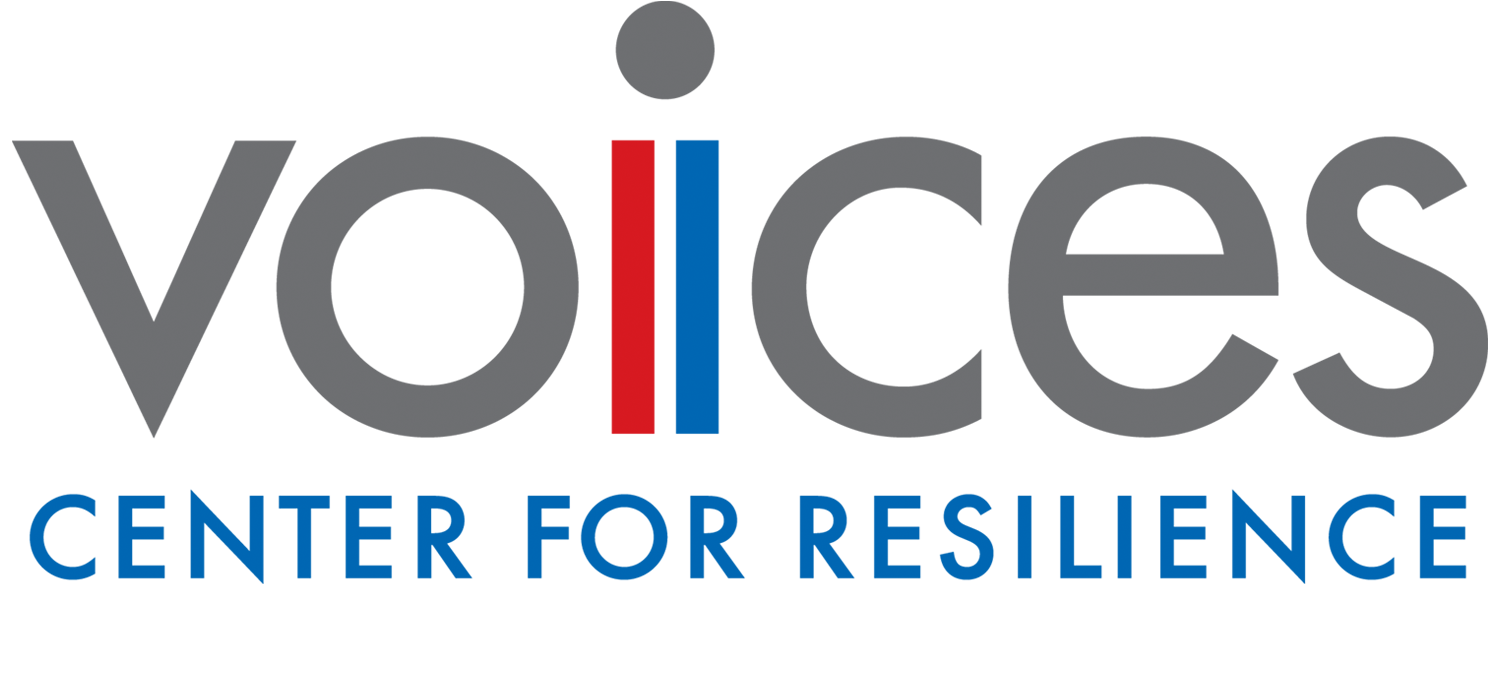1996-2002 Mets Manager Bobby Valentine and his team were in Pittsburgh to begin a three-game series and had just returned to their downtown hotel from a workout. Bobby went up to his room. His wife had traveled with him to Pittsburgh, as did many of the other team wives. More.
9/11 Stories: Bobby Valentine
Domestic Terrorism to Skirt Sweeping 9/11-Style Law in Congress
Domestic White-supremacist extremism is the greatest threat to U.S. security, President Joe Biden’s top homeland security official told Congress — in the same way Islamist extremists were cast as the greatest threat before and after the 9/11 attacks two decades ago. More.
9/11, Fukushima and COVID-19: Valencia man shares from front lines of history
Every 10 years or so, fate has cast James Gunsalus as both a journalist and protagonist. Gunsalus sat watching from his desk in the Manhattan Bloomberg News offices Sept. 11, 2001, as his colleagues ran in, covered in dirt and dust, to jump on camera and share the tragic updates as the Twin Towers fell. More.
Broomfield’s 9/11 memorial vandalized, police asking for information
Broomfield’s 9/11 memorial has been vandalized with anti-police messages, police announced on Monday. The 9/11 Memorial was dedicated on Sept. 10, 2006, the fifth anniversary of the terrorist attacks in New York City, Washington D.C. and Pennsylvania. More.
Local firefighter dies of 9/11-related illness
One of the heroes of September 11th has passed away. Andy Stromfeld served for many years as the Chief of the Fishers Fire District in Victor. Before that, he lived in New York City. Stromfeld was a New York City Police Officer, and on 9/11, he was helping rescue people from Tower Two when it collapsed. More.
20 Years Since 9/11: What Has America Learned?
On September 11, 2001, the unthinkable happened. The world woke up to a terrifying morning as four passenger planes, hijacked by Islamic extremists belonging to Al-Qaeda, slammed into the World Trade Center and the Pentagon. Within hours of the attack, close to 3,000 people lost their lives. More.
Glen Cove Firetruck Heads To Ireland For 9/11 Ceremony
A Long Island firetruck that aided in calls to countless fires, saved numerous lives and even responded to the 9/11 terror attacks is embarking on a new journey overseas. At 10 a.m. Wednesday, the Glen Cove Volunteer Fire Department will bid farewell to Ladder 5211, bound for Dublin, Ireland. More.
Blunt: 9/11-style Capitol riot commission may delay fixes
Sen. Roy Blunt, the No. 4 GOP leader in the Senate, said Sunday that a proposed bipartisan commission to investigate the Jan. 6 Capitol Hill riot may only serve to delay needed security improvements, underscoring the political quagmire surrounding the plan. More.
